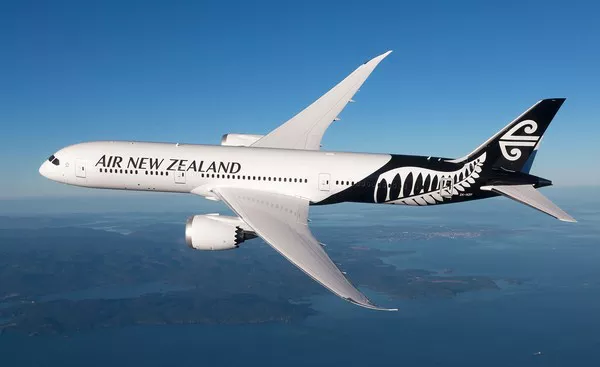Air New Zealand has once again claimed the top spot as the most desirable workplace in New Zealand, according to the latest survey by Randstad. This marks the airline’s eighth time leading the rankings and its second consecutive year at the pinnacle.
Joining Air New Zealand in the top three this year are the Department of Conservation and the New Zealand Customs Service. PriceWaterhouseCoopers (PwC) and WSP rounded out the top five, with PwC notably jumping from 44th place in the previous year’s rankings.
The survey highlighted professional services as the most attractive sector for employment, followed closely by tertiary education and information technology and telecommunications, which tied for second place. Conversely, the public sector dropped to eighth place from third, attributed to ongoing job losses within that sector.
According to Bodo Lang, a marketing expert from Massey University, Air New Zealand’s appeal can be attributed to several factors. He noted the strong positive association that consumers have with the tourism industry and national carriers like Air New Zealand, which influences their perception of the company as a desirable employer.
Lang emphasized that despite perceptions, the actual work environment at Air New Zealand may differ from the idealized image, especially considering challenges such as high turnover rates and service industry conditions.
The strength of Air New Zealand’s brand was underscored, distinguishing it from other airlines with less robust brand equity. Innovations like their memorable safety videos have not only enhanced their customer experience but also bolstered their attractiveness as an employer.
Randstad’s survey also highlighted key factors influencing employment decisions among New Zealanders, with work-life balance ranking highest, followed by competitive salary and benefits, and opportunities for training and development. This year, considerations of equity in the workplace emerged as a significant factor for many respondents.
Despite the allure of top-ranked employers like Air New Zealand, the survey revealed that a substantial majority of respondents expressed a preference to remain with their current employers amid economic uncertainties. This preference for stability over potential pay increases reflects broader concerns about job security and economic stability.
Richard Kennedy, Randstad’s country director, emphasized the importance of empathetic leadership and transparent communication in maintaining employee loyalty and productivity during challenging times. He noted that organizations able to foster these qualities stand a better chance of retaining talent and navigating economic downturns successfully.
In conclusion, while Air New Zealand maintains its appeal as New Zealand’s most attractive workplace, the survey underscores the evolving priorities of employees and the critical role of employer branding in talent retention and recruitment strategies.
You Might Be Interested In:

























